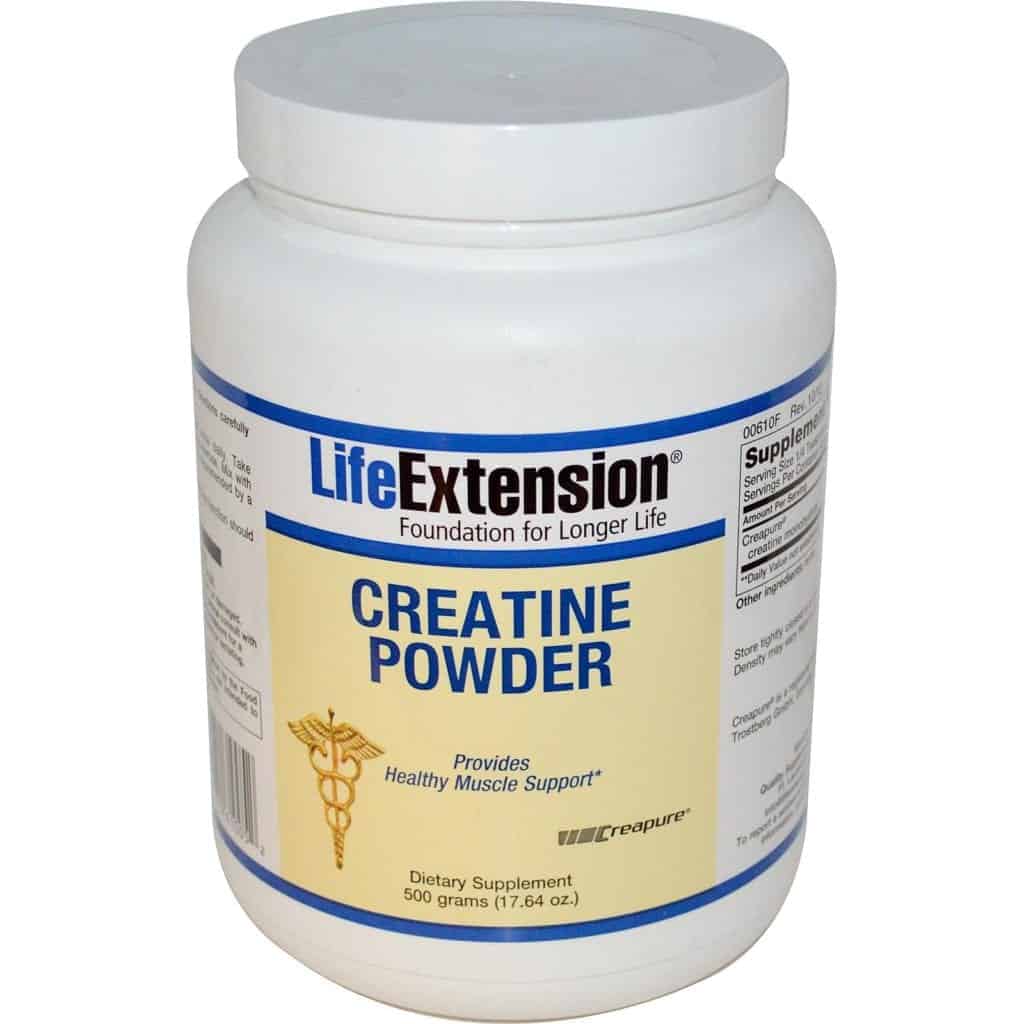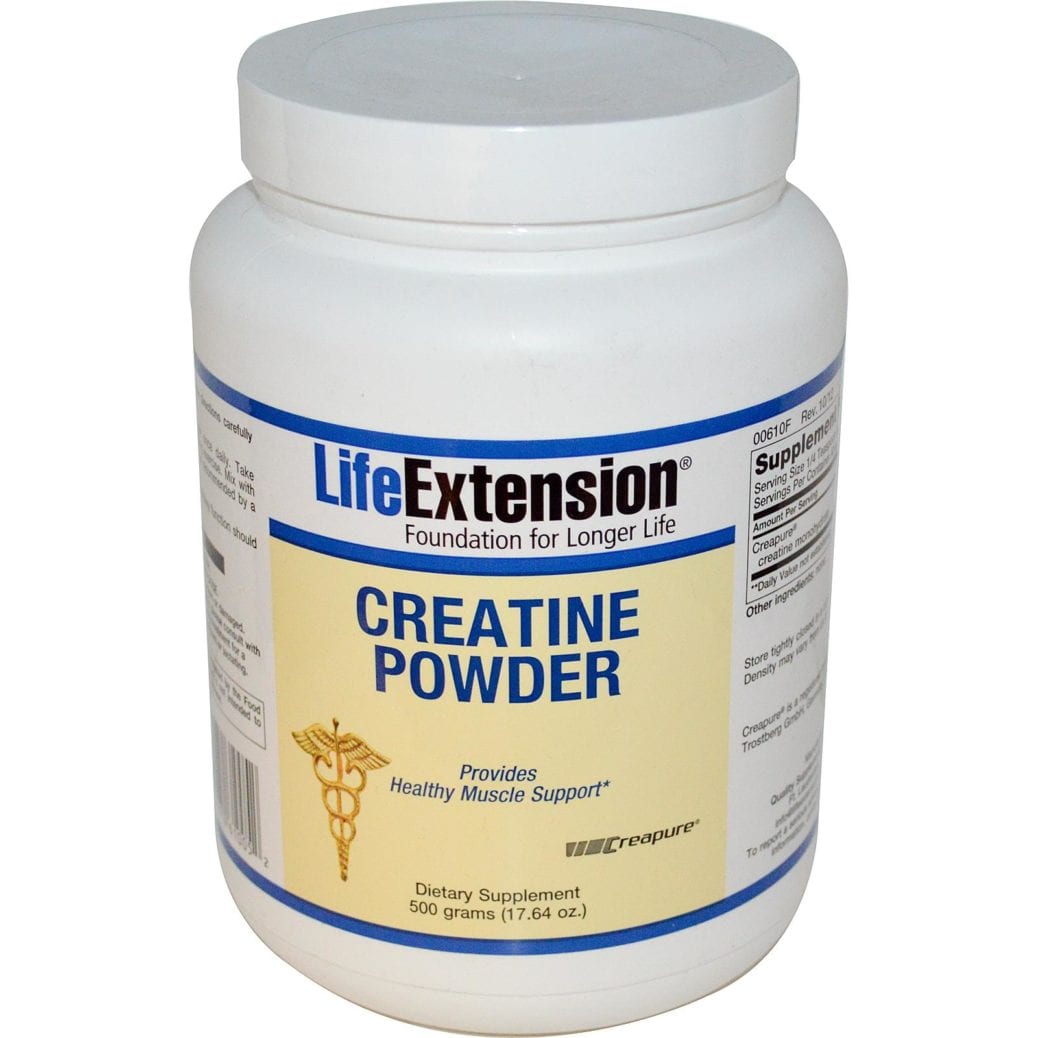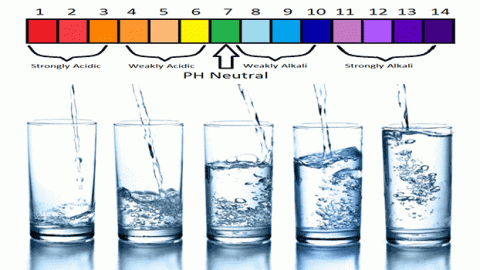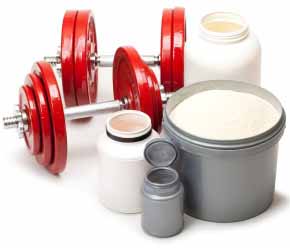
Creatine continues to demonstrate a wide range of potential benefits, but a recent study suggests it may have some value in weight loss. Scientists found that when they impaired creatine transportation into cells of mice, it blunted the metabolic effects the mice would normally have to a high fat diet (via thermogenesis), and when they fed the mice creatine, it restored it. When they gave the mice creatine, it actually prevented diet induced obesity and increased whole-body energy expenditure, leading the researchers to hypothesize that “…enhancing creatine uptake into adipocytes may offer an opportunity to combat obesity and obesity-associated metabolic dysfunction.” Do some people have impaired creatine uptake into cells leading to a reduced whole-body energy expenditure in response to food ingestion? That could be a missing link for some people that seem to gain weight easier than others? It’s unclear at this time due to lack of research, but it’s a very interesting and potentially valuable area of inquiry. It’s interesting to note also they found that in human fat cells, cell-surface creatine transporter (CrT) was was correlated with a lower body mass index and increased insulin sensitivity. So does increasing creatine tissue levels improve insulin sensitivity and improve metabolic responses to calories ingested in healthy humans? That has yet to be studied directly yet, but various lines of evidence suggests the answer is yes. How much of an impact it would actually have is also unclear.
What can readers take away from this now? Considering the wide range of potential benefits of creatine for both body and mind (hence why it’s found in Bomb Proof Coffee!), this may be another good reason to keep tissue creatine levels topped off. It does stand to reason that sub par tissue creatine levels might inhibit optimal metabolic function in humans, but we need more data on that one.
Until there’s solid human data examining this one, it’s just a guess, but I have been a professional guesser for decades now, and more often than not, my hunches have been correct. OK, I didn’t think Amazon would go onto be the monster sized company it is today, and should have grabbed some stock back in the day, but no one is perfect!
Ablation of adipocyte creatine transport impairs thermogenesis and causes diet-induced obesity
Abstract:
Depleting creatine levels in thermogenic adipocytes by inhibiting creatine biosynthesis reduces thermogenesis and causes obesity. However, whether creatine import from the circulation affects adipocyte thermogenesis is unknown.
Here we show that deletion of the cell-surface creatine transporter (CrT) selectively in fat (AdCrTKO) substantially reduces adipocyte cre-atine and phosphocreatine levels, and reduces whole-body energy expenditure in mice. AdCrTKO mice are cold intolerant and become more obese than wild-type animals when fed a high-fat diet. Loss of adipocyte creatine transport blunts diet- and β3-adrenergic-induced thermogenesis,
whereas creatine supplementation during high-fat feeding increases whole-body energy expenditure in response to β3-adrenergic agonism. In humans, CRT expression in purified subcutaneous adipocytes correlates with lower body mass index and increased insulin sensitivity.
Our data indicate that adipocyte creatine abundance depends on creatine sequestration from the circulation. Given that it affects whole-body energy expenditure, enhancing creatine uptake into adipocytes may offer an opportunity to combat obesity and obesity-associated metabolic dysfunction.
Full Paper HERE.
Will Brink is the owner of the Brinkzone Blog. Will has over 30 years experience as a respected author, columnist and consultant, to the supplement, fitness, bodybuilding, and weight loss industry and has been extensively published. Will graduated from Harvard University with a concentration in the natural sciences, and is a consultant to major supplement, dairy, and pharmaceutical companies.
His often ground breaking articles can be found in publications such as Lets Live, Muscle Media 2000, MuscleMag International, The Life Extension Magazine, Muscle n Fitness, Inside Karate, Exercise For Men Only, Body International, Power, Oxygen, Penthouse, Women’s World and The Townsend Letter For Doctors.
He’s also been published in peer reviewed journals.
Will is the author of the popular e-books, both accompanied by private members forum access , Bodybuilding Revealed & Fat Loss Revealed.
You can also buy Will’s other books on Amazon, Apple iBook, and Barnes and Noble.







Is there a reliable source to say what the proper level of Creatine should be? mine is 154.53 and the VA lab says there is no standard of measure. I do have some belly fat I would like to trim but nothing serious.
I’m assuming you mean creatinine and of courses there’s a standard lab range. Simple google search will find: ” …The normal range for creatinine in the blood may be 0.84 to 1.21 milligrams per deciliter (74.3 to 107 micromoles per liter), although this can vary from lab to lab, between men and women, and by age”
I have been a creatine fan for a long while and greatly appreciate your contribution to educating us about it. My first reaction to relating creatine to weight loss is, “Wait a minute. If I cycle off and back on to using it, it is kind of a given that I can expect to gain 3 to 5 lbs when using it, due to the water infusion and retention in muscles that it causes.”. It is good for the extra pumped look afforded, and of course the other benefits. But as someone who likes to run, I often wonder if the benefits of creatine to endurance sports outweigh the weight gain which hinders running performance. More to the point here, wouldn’t the water weight gain outweigh the theoretical weight loss by someone deficient in CrT?
Improving endurance is not a strong point of creatine, and some runners feel the added weight is problematic to their running performance, so that one is really up to you to decide the value there. I think creatine has so many potential health benefits, it’s a no brainer to use regardless of any effects it has +/- on running performance.
Thanks. I’ve been thinking a very low dose, like one third maintenance level, would be good if there were a deficiency. And good for the generally wide spectrum of benefits, with minimal water weight gain.
We’re not mice, Will.
Never will be and in 30 years of my doing this I have seen exactly ZERO studies on mice translate.
Zero.
In fact, I’d put that as negative b/c frequently what happens in mice is the OPPOSITE of in humans.
You should know better. Or maybe you shouldn’t.
Been clear on the reality of mouse/rat studies not always translating to humans for decades now, and said in the article ” It does stand to reason that sub par tissue creatine levels might inhibit optimal metabolic function in humans, but we need more data on that one.” Hence, we need human data to see what, if any, translation to humans occurs. I don’t agree at all that animal studies never translate to humans, and there’s no lack of it in the lit. Animal studies have utility more in pathways and mechanistic aspects, often of little/no value in dietary etc aspects to humans. The article is interesting conjecture, and I’m very clear that’s all it is.
do you know about cutting circulation to muslcles for an effective way of strength training?
It’s called occlusion training or blood flow restriction training. It may have some additional benefits to regular training, and a few sets of blood flow restriction at the end of an arm or leg day likely has some benefits. I have not looked at the most recent studies as to optimal use/applications of blood flow restriction training to add details.